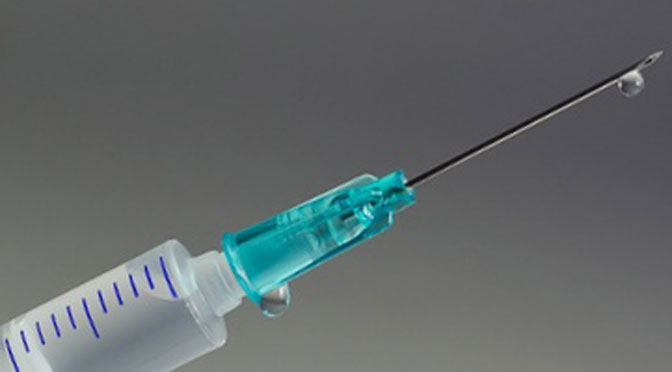For the second time since 2001, The American College of Physicians has announced in a position paper that it is against physician-assisted suicide, calling it “problematic” and saying that it “affects the trust in the relationship” between patient and physician.
The paper, published September 19, 2017, is the result of two years of work by the ACP Ethics, Professionalism and Human Rights Committee. The issue of physician-assisted suicide is taken under consideration by the committee every few years and because of the current level of public interest in assisted-suicide, the group felt an updated position paper was necessary.
“[…] the ACP believes that the ethical arguments against legalizing physician-assisted suicide remain the most compelling,” the paper reads. “On the basis of substantive ethics, clinical practice, policy, and other concerns articulated in this position paper, the ACP does not support legalization of physician-assisted suicide. It is problematic given the nature of the patient-physician relationship, affects trust in the relationship and in the profession, and fundamentally alters the medical profession’s role in society.”
READ: The American Psychiatric Association releases statement against euthanasia
Proponents of physician-assisted suicide view it as an act of compassion and label it as “death with dignity.” However, as more people turn to physician-assisted suicide to relieve their suffering, it has become apparent that many are not terminally ill and can, therefore, be better served by addressing underlying mental health issues such as depression. In fact, one study showed that one in four terminally ill patients in Oregon who request physician-assisted suicide have clinical depression. The study, published in the British Medical Journal, concluded that the Death with Dignity Act “may not be adequately protecting them.” According to the study, not one of the 46 Oregonians who died by lethal injection in 1997 were evaluated by a psychiatrist or a psychologist.
Legalizing physician-assisted suicide opens the door for anyone to request death. In Europe, people have been euthanized for being autistic, for being victims of sexual abuse, and for suffering from anorexia. Many others feel the need to die based on the fear of becoming a burden to their families. One healthy Dutch couple was recently euthanized together, not because they were suffering but because they feared future suffering.
“Is it reasonable to ask medicine to relieve all human suffering? Just as medicine cannot eliminate death, medicine cannot relieve all human suffering,” said the ACP. “Both proponents and opponents of physician-assisted suicide wish to alleviate suffering of dying patients, and physicians have an ethical duty to provide competent palliative and hospice care.”
The focus, according to the ACP, should not be on helping people die early, but rather on easing suffering and improving access to both hospice and palliative care. The committee notes that 90% of US adults do not know what palliative care is, but when they are informed, more than 90 percent say they would want to receive it for themselves or a member of their family.
While the ACP states that patient autonomy is important, they say that it is not absolute and it must be balanced by other factors. To make a medical decision simply based on a patient’s wishes is not what is best for the patient. Such is the case for situations in which a patient requests tests that the doctor feels unnecessary, or when a patient requests an illegal prescription. And, in the opinion of the ACP, such is the case when a patient requests assisted-suicide.
“Society’s goal should be to make dying less, not more, medial,” the paper concludes. “Physician-assisted suicide is neither a therapy nor a solution to difficult questions raised at the end of life. On the basis of substantive ethics, clinical practice, policy, and other concerns, the ACP does not support legalization of physician-assisted suicide.”







